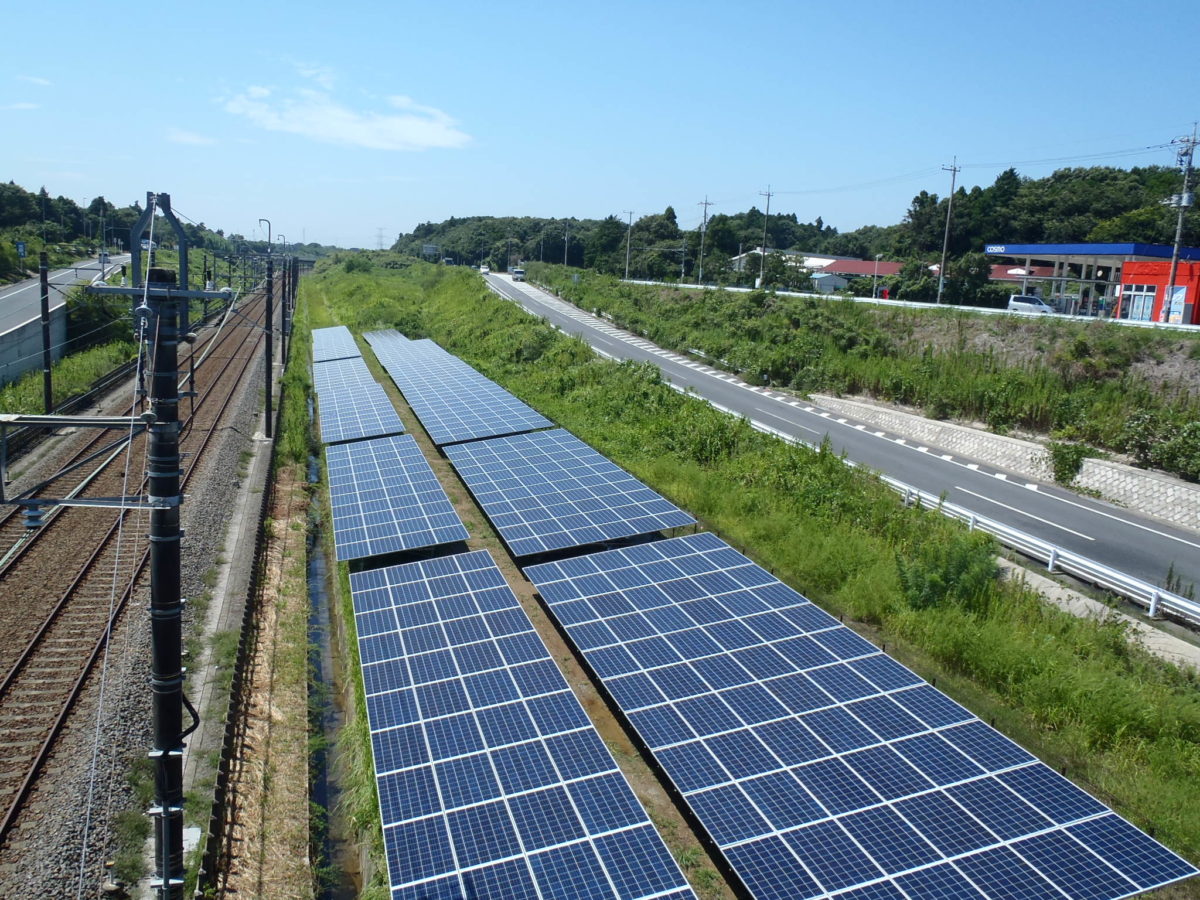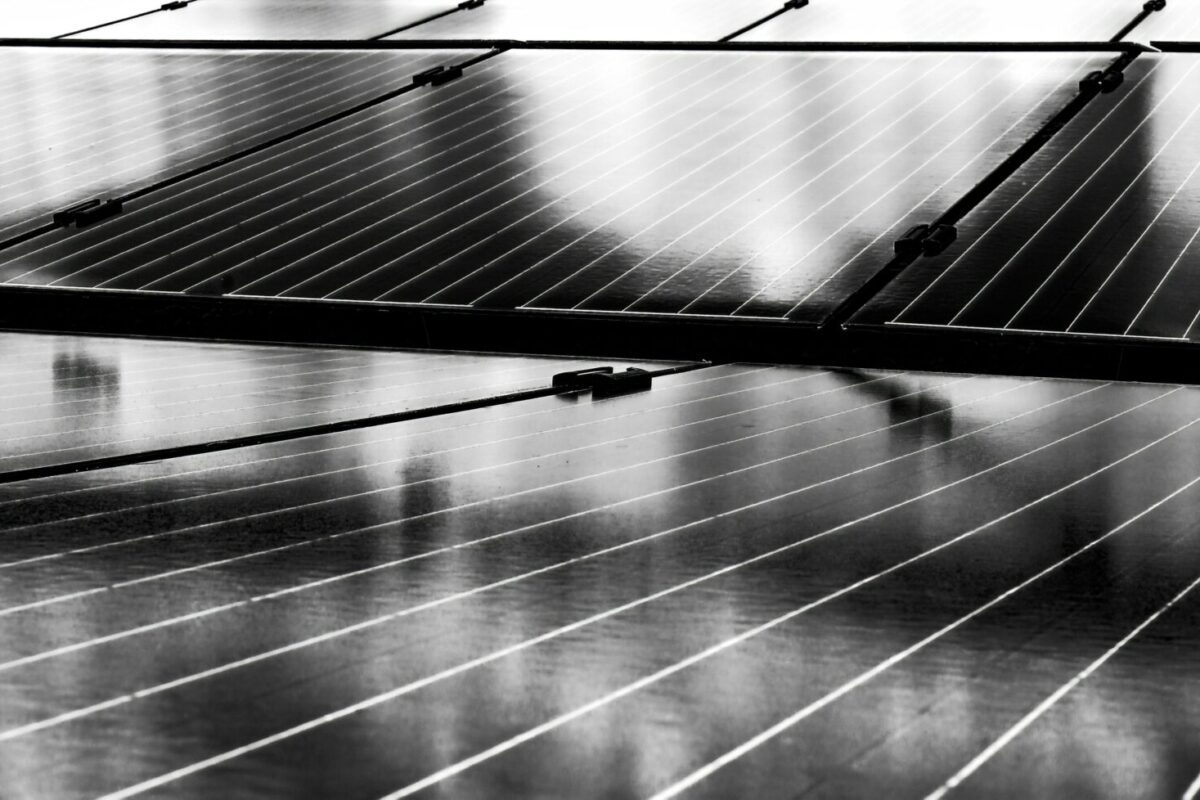The JPY 4.4 billion ($39.5 million) project started generating electricity on July 15, according to a statement to the JASDAQ Securities Exchange. It will cater to the annual needs of between 4,000 and 5,000 homes. Toshiba Infrastructure Systems and Solutions served as EPC contractor and has been selected to handle O&M duties. Sparx did not reveal which companies supplied the solar panels.
The PV array extends from Chiba New Town Chuo Station to Inba-Nihon-Idai Station. Construction began in April 2016. Sparx says that foreign visitors to Japan will be able to see the solar panels if they take the Keisei Skyliner train into Tokyo from Narita International Airport.
The thin strip of land the project occupies was originally set aside for bullet train tracks. Construction on the train line started in 1974 but the plan was later abandoned. The land — which is owned by the Chiba prefectural authorities — had remained unoccupied ever since.
In February, Sparx revealed that its investments in Japanese renewables had reached $1.2 billion by the end of January 2017. Solar accounted for about 92% of its 307 MW clean-energy portfolio at the start of the year. Its installed renewables capacity in Japan hit roughly 84 MW by the end of last year, with most of its solar projects located throughout the greater Tokyo area.
This content is protected by copyright and may not be reused. If you want to cooperate with us and would like to reuse some of our content, please contact: editors@pv-magazine.com.



1 comment
By submitting this form you agree to pv magazine using your data for the purposes of publishing your comment.
Your personal data will only be disclosed or otherwise transmitted to third parties for the purposes of spam filtering or if this is necessary for technical maintenance of the website. Any other transfer to third parties will not take place unless this is justified on the basis of applicable data protection regulations or if pv magazine is legally obliged to do so.
You may revoke this consent at any time with effect for the future, in which case your personal data will be deleted immediately. Otherwise, your data will be deleted if pv magazine has processed your request or the purpose of data storage is fulfilled.
Further information on data privacy can be found in our Data Protection Policy.